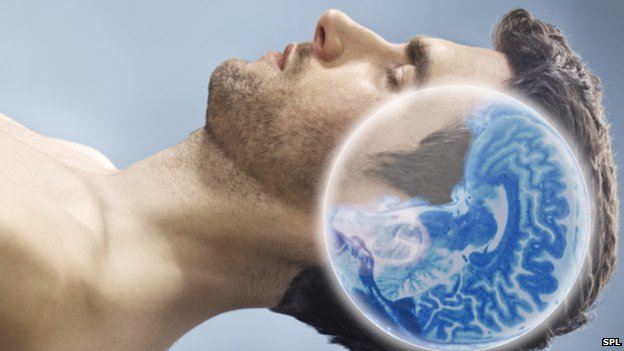Why cognitive behavioral therapy (CBT) should be first-line treatment for chronic insomnia
.
Cognitive behavioral therapy offers a drug-free method for managing insomnia (Harvard Health):
“Many people with insomnia turn to sleeping pills, which often have unwanted side effects. Few of them know about an equally effective therapy that targets the root cause of insomnia without medications. Called cognitive behavioral therapy for insomnia, or CBT‑i, this short-term talk therapy teaches people to change the unproductive thinking patterns and habits that get in the way of a good night’s sleep…
In a review article in this week’s Annals of Internal Medicine, researchers combined data from 20 different trials of CBT‑i involving more than 1,100 people with chronic insomnia. On average, people treated with CBT‑i fell asleep almost 20 minutes faster and spent 30 fewer minutes awake during the night compared with people who didn’t undergo CBT‑i.
These improvements are as good as, or better than, those seen in people who take prescription sleep medications such as zolpidem (Ambien) and eszopiclone (Lunesta). And unlike medications, the effects of CBT‑i last even after the therapy ends—at least six months, according to one study.”
Study: Cognitive Behavioral Therapy for Chronic Insomnia: A Systematic Review and Meta-analysis (Annals of Internal Medicine). From the abstract:
- Background: Because psychological approaches are likely to produce sustained benefits without the risk for tolerance or adverse effects associated with pharmacologic approaches, cognitive behavioral therapy for insomnia (CBT‑i) is now commonly recommended as first-line treatment for chronic insomnia.
- Purpose: To determine the efficacy of CBT‑i on diary measures of overnight sleep in adults with chronic insomnia.
- Study Selection: Randomized, controlled trials assessing the efficacy of face-to-face, multimodal CBT‑i compared with inactive comparators on overnight sleep in adults with chronic insomnia, with studies of insomnia comorbid with medical, sleep, or psychiatric disorders excluded.
- Conclusion: CBT‑i is an effective treatment for adults with chronic insomnia, with clinically meaningful effect sizes.
Learn more:



